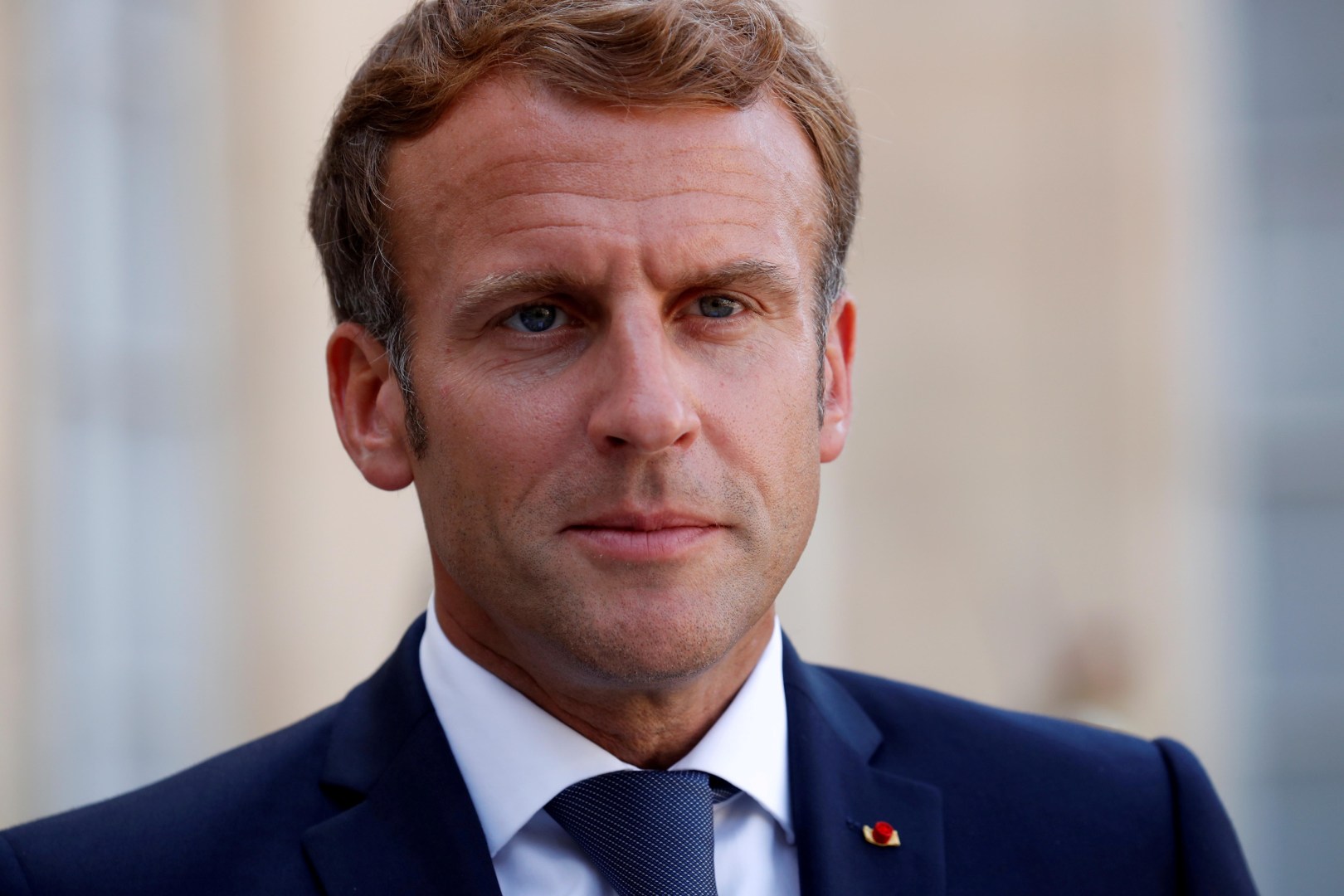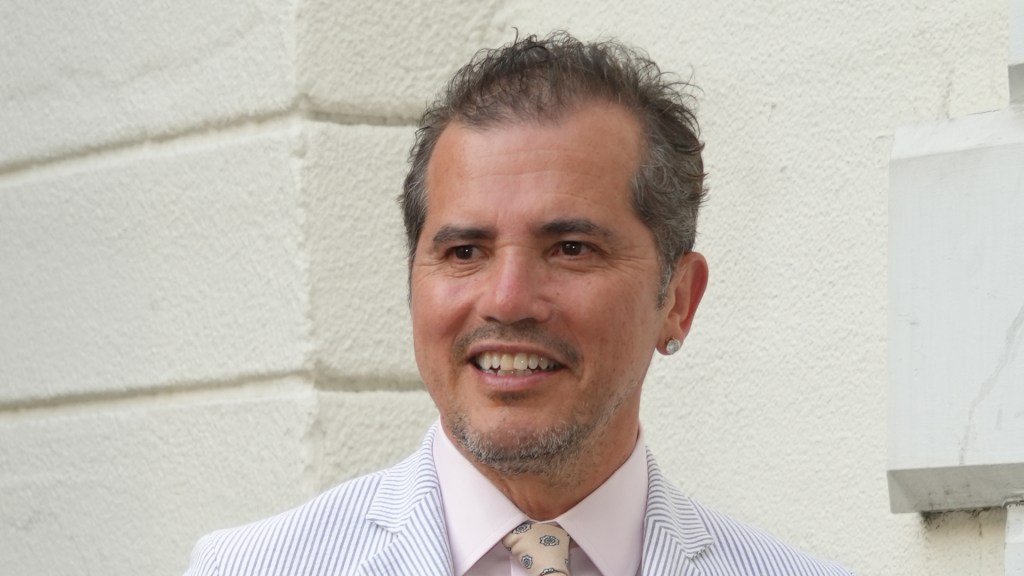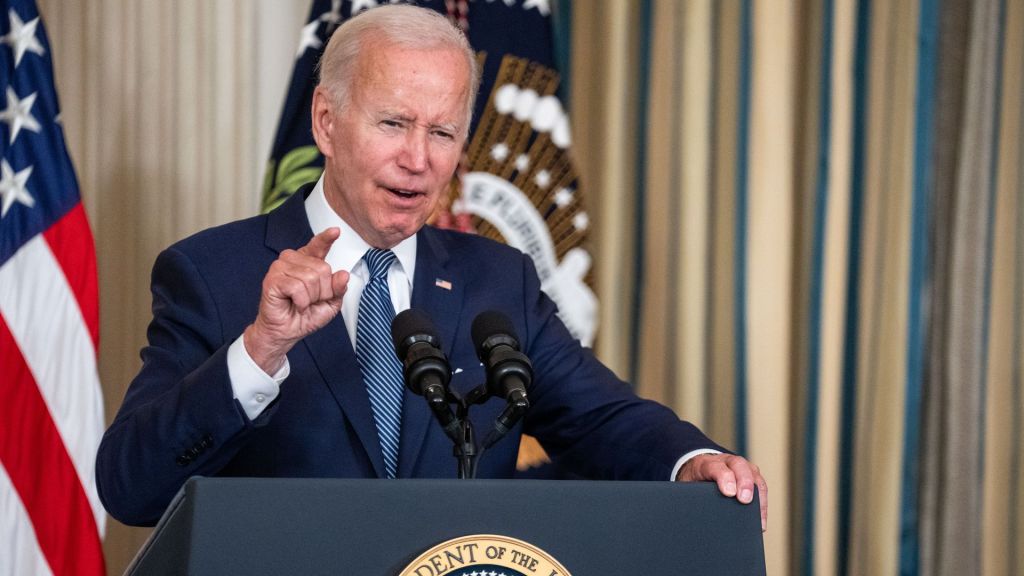
Jen Psaki, White House press secretary: “In terms of the tone of the call, it was friendly. It was one where we’re hopeful and the president is hopeful this is a step in returning to normal in a long, important abiding relationship that the United States has with France. It was about 30 minutes long. As we noted in the readout and as you said, it was extensive. But part of the, during the conversation, the president reaffirmed the strategic importance of France, French and European engagement, I should say, in the Indo-Pacific region, something that we look forward to continuing to work with them on. And as we said in the readout, the French ambassador will return to Washington next week and he will then start intensive work with U.S. officials. That will be part of the ongoing next steps that we go from here. And as we also noted, they will meet in Europe at the end of October.”
Reporter: “Boris Johnson earlier today dismissed French anger over the submarine deal, saying French officials should get a grip. Is calling on the French to get a grip helpful at this point?”
Jen Psaki, White House press secretary: “Well, I can only speak for our relationship with the French and our relationship with the United Kingdom. And I will say that the president during this call, as we said in the readout, acknowledged that there could be more of a, there could have been more discussion in advance of the announcement. And that was an important, important message for him to convey during that conversation. So I can’t speak to the comments and whether they’re constructive or not from other countries.”
Reporter: “Did president Biden apologize to Emanuel Macron?”
Jen Psaki, White House press secretary: “He acknowledged that there could have been greater consultation. And the call, again, as I stated earlier, was a friendly call and there was agreement that we wanted to move forward in our relationship.”
Antony Blinken, U.S. Secretary of State: “Good afternoon everyone. It is a real pleasure to be able to spend some time with my good friend and colleague Josep Borrell. We’ve spent a lot of time already in recent months working very closely together. But really today building off of the very important and productive U.S./E.U. summit that President Biden took part in. A lot of work that we’ve been doing since then including the establishment of the trade and technology council which we all look forward to in the coming weeks. And a lot to talk about about the work we’re doing together quite literally around the world to include of course Afghanistan and the Indo Pacific and Europe and beyond. So Josep, it’s wonderful to see you as always and I look forward to our conversation. Thank you.”
Josep Borrell, European Union Foreign Policy Chief: “Thank you Tony for this meeting. It’s a great pleasure to meet you again. We got to work together this morning in the video meeting. We are crossing in the corridors of the United Nations in this very agitated week. And I am sure we are going to talk about recent issues where we can build a stronger confidence among us following the conversation that I think took place this morning between President Biden and President Macron. I’m sure we’ll be working together. Merci.”
Antony Blinken, U.S. Secretary of State: “Thank you, good to see you. Thanks everyone.”






